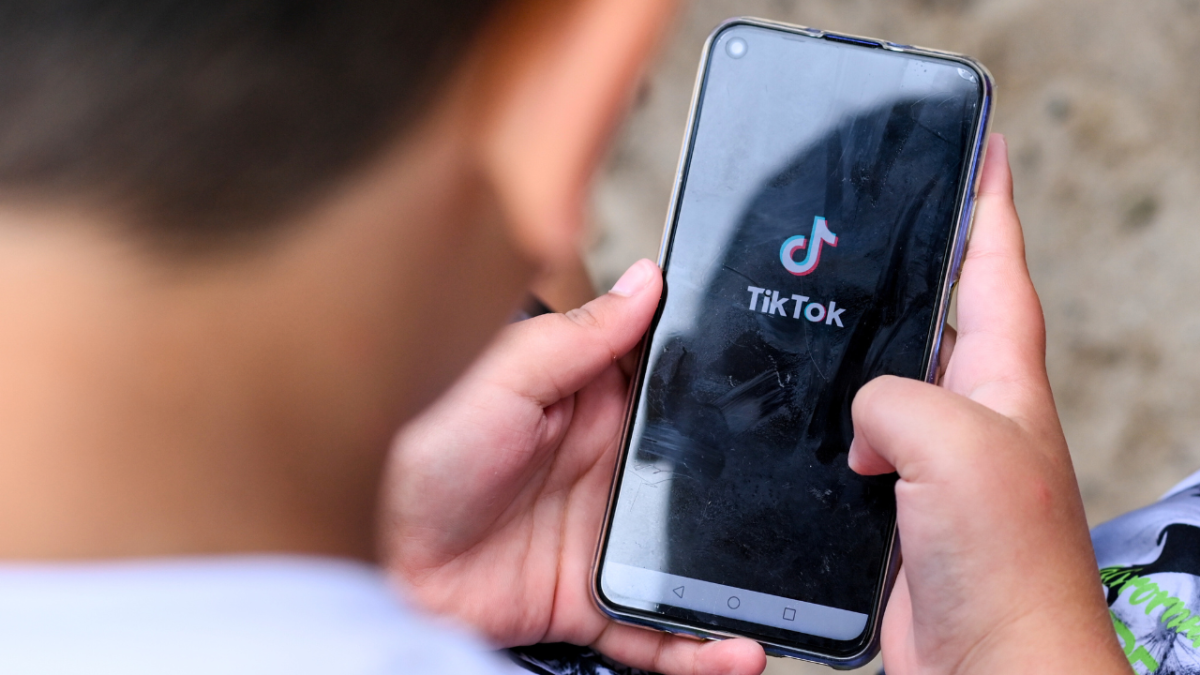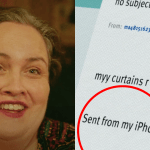
People who brag about committing crimes on TikTok will face an additional two years of jail time, under new laws set to be introduced by the NSW Government. The new “posting and boasting” legislation are part of Premier Chris Minns‘ apparent effort to reduce youth incarceration, but even he admits it will probably do just the opposite.
The new penalties, which will be introduced to the NSW state parliament this week, aim to stop the trend of “exhibition-like behaviour” of people bragging about committing crimes online by potentially adding an extra two years of jail to their punishment.
They’re specifically targeting people who boast about car thefts or break ins online, with Minns aiming to stop the encouragement and glorification of crime on social media.
“People are seeing offences being committed and as a result of public exposure among social media networks, they’re encouraged to do the same thing,” said Minns.
The inclusion of “posting and boasting” offences comes as part of a $26.2 million NSW Government initiative to target youth crime.
“There’s strong circumstantial evidence provided to the government by NSW Police that this exhibition-like behaviour is, in fact, encouraging further and repeated criminal behaviour,” Minns stated.
Like similar laws that exist in Queensland, the punishment will not impact anybody who re-shares a “post and boast” video. Only the individual who commits a crime and brags online will do the time.
However, the proposed law has received criticism due to how it could result in increased incarceration of young people, which Minns admitted may occur as a short-term result.
“Our hope is that in the long run, with intervention and support that changes, but I’m being transparent about it,” the Premier said to the press.
Minns’ transparency has not satisfied Greens MP Sue Higginson who described the proposed legislation as “knee-jerk law and order responses” that would have significant impacts on young people in the Indigenous communities of regional NSW.
“All of the evidence before us shows that tougher, punitive measures do not reduce the incidence of crime – it just further traumatises the kids and damages social cohesion,” slammed Higginson.
Swinburne University’s Lecturer in Criminology Dr. Joel McGregor also called to question the effectiveness of these penalties at convincing young people to stop committing said crimes.
“While the two-year ‘posting and boasting’ penalties are a reactionary response to some very serious crimes, it may not dissuade young people,” McGregor said to PEDESTRIAN.TV.
“What I will be looking out for is the statutory review two years from commencement to see what had greater impact: the new penalties or the prevention programs included as part of this law reform package.”
Here McGregor referred to other elements of the $26.2 million youth crime package, that include an amendment to The Bail Act which will make it more difficult for young repeat offenders to get bail. These laws will be reviewed after 24 months.
Despite the fact the proposed legislation is expected to result in increased imprisonment of young people, Minns has stated that “we need this critical intervention” to decrease the number of repeat offenders.
However, Minns ruled out the potential of raising the state’s age of criminal responsibility from 10-years-old to 14-years-old.”
“We’re not proposing legislative change in relation to that. Self-evidently, it will fly in the face of the government’s proposed changes right now,” he answered.
According to the statistics from Youth Justice NSW Centres, the number of minors in prison during 2022-2023 was an average of 195 per day. Young people with an Aboriginal and Torres Strait Islander background made up 53% of this population.



